Many major global companies are progressing on their own sustainability roadmaps as we proceed into the ‘Climate Decade.’ But the science is clear that we must do more and quickly to avoid the worst-case consequences of climate change and take advantage of the economic opportunity offered by the transition to a zero-carbon economy. Supply chain transparency and working closely with suppliers to reduce scope three emissions will be a challenge for companies with complex supply chains. Tessa Lee, Senior Corporate Engagement Manager at the Climate Group, joins us to discuss how going public with a net-zero or other supply chain sustainability pledge needn’t become a stick for your company to beat itself with, rather, an enabling driver of your sustainability goals.
About the Speaker
Tessa Lee is the Senior Corporate Engagement Manager in the Climate Group’s New York offices. She incubates new workstreams and strategic program areas for the Business Action campaigns, including RE100 and EP100, and provides a suite of member engagement services to corporate members. She is also leading the Climate Group’s newly launched Sustainable Supply Chain efforts. Previously, she led monitoring, evaluation and learning at 100 Resilient Cities, pioneered by the Rockefeller Foundation, and before that, business development and program implementation at the Rocky Mountain Institute and the Carbon War Room, for industries including freight trucking and maritime shipping, global energy access, mining and islanded economies, low-carbon cement, and agriculture and forestry. She has a MSc in Development Studies from the London School of Economics, and a BA in International Relations from the University of North Carolina at Chapel Hill.
Podcast: Play in new window | Download

